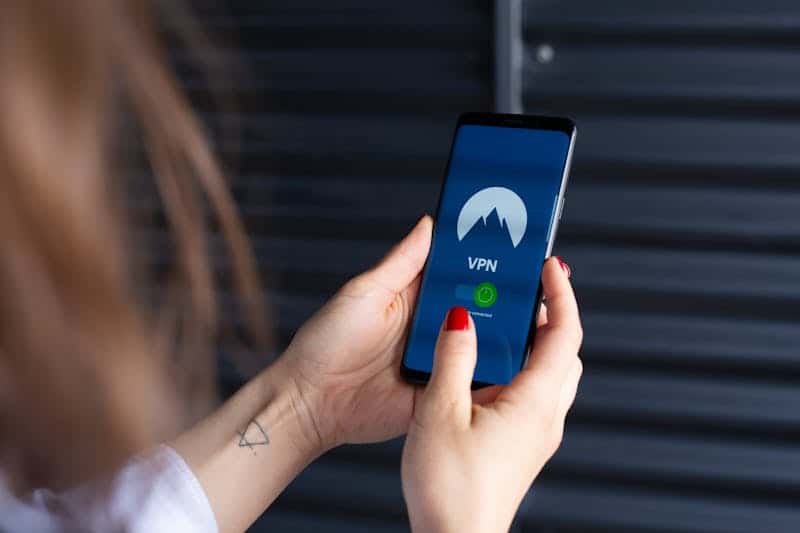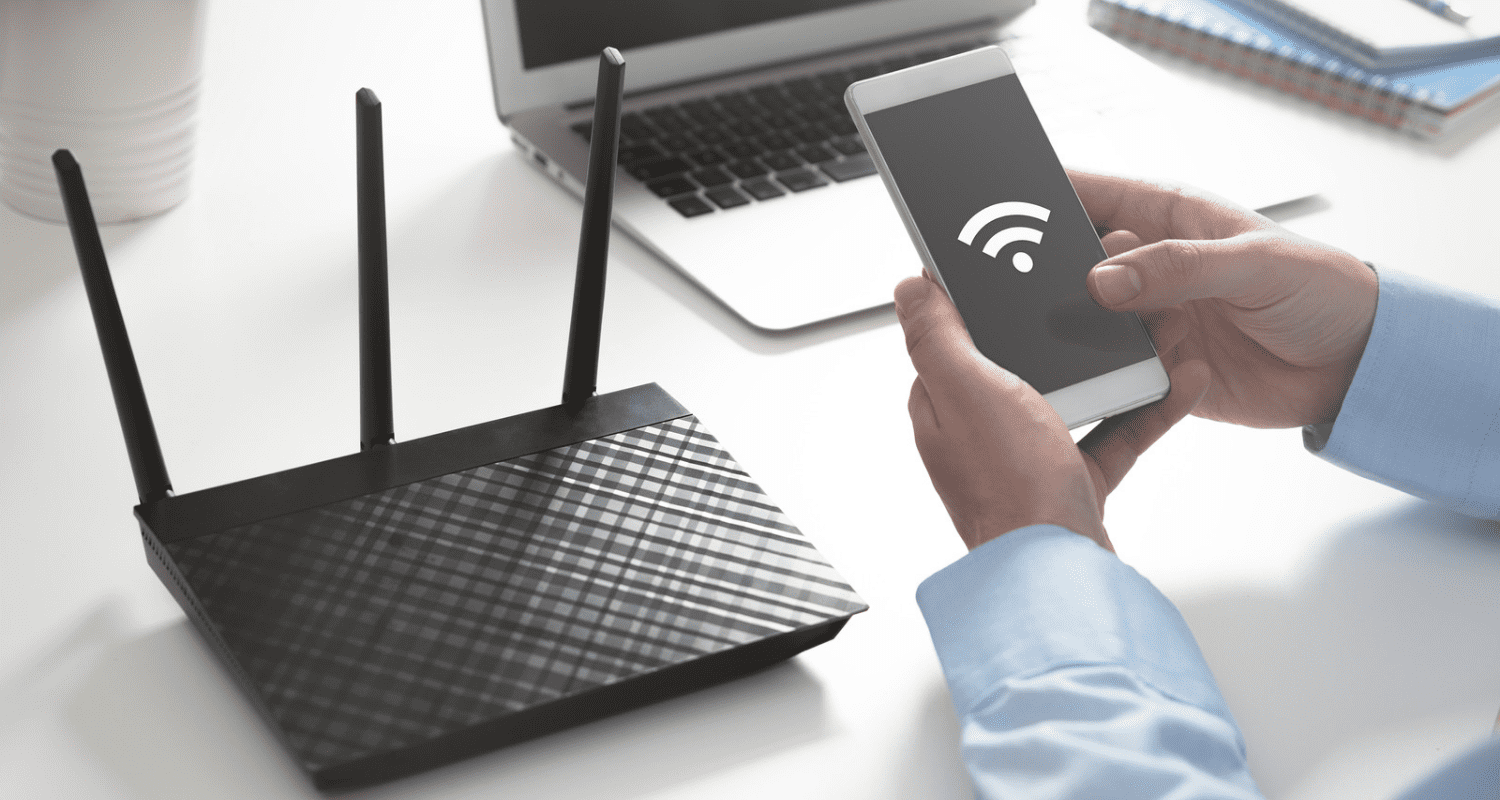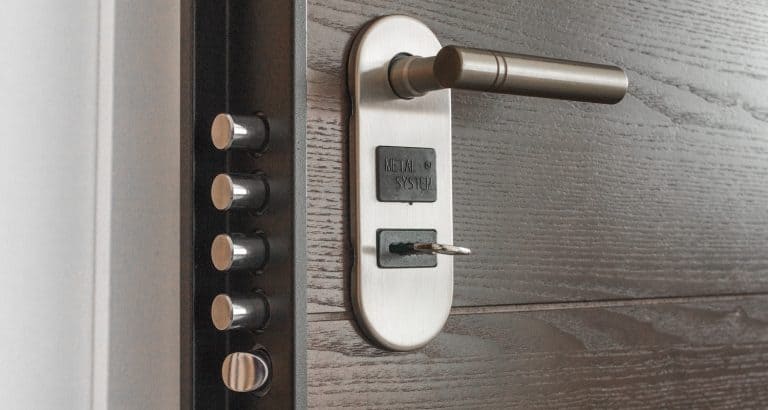Can I Get My Own Internet in a Hotel? A Comprehensive Guide
In today’s digital age, staying connected to the internet is a necessity for many travelers, whether for work, entertainment, or keeping in touch with loved ones. However, relying on a hotel’s Wi-Fi can be frustrating, with slow speeds, limited bandwidth, and potential security risks.
This begs the question: can you get your own internet in a hotel?
If you’re short on time, here’s a quick answer to your question: Yes, you can get your own internet in a hotel by using a mobile hotspot, a portable Wi-Fi router, or a dedicated internet service provider (ISP) for hotels.
In this comprehensive guide, we’ll explore various options for getting your own internet in a hotel, their pros and cons, and tips for ensuring a seamless and secure online experience during your stay.
Mobile Hotspots
What is a mobile hotspot?
A mobile hotspot, also known as a portable hotspot or a Wi-Fi hotspot, is a device that creates a wireless internet connection for your other devices to connect to. It essentially turns your cellular data connection into a personal Wi-Fi network.
Mobile hotspots come in different types, such as standalone devices, built-in features in smartphones, or even as a service provided by your mobile carrier. With a mobile hotspot, you can connect multiple devices like laptops, tablets, and gaming consoles to the internet while on the go.

Advantages of using a mobile hotspot
- Convenience: A mobile hotspot allows you to stay connected to the internet wherever you go, without relying on public Wi-Fi networks that may be unsecured or have limited bandwidth.
- Multiple Device Connectivity: You can connect several devices simultaneously to your mobile hotspot, making it ideal for families or small groups traveling together.
- Security: Mobile hotspots offer better security than public Wi-Fi networks, as you control who can access your personal hotspot and can set passwords for added protection.
- Mobility: Unlike traditional internet connections, mobile hotspots are designed to be portable, allowing you to stay connected while commuting, traveling, or in remote areas.
Disadvantages of using a mobile hotspot
- Data Consumption: Using a mobile hotspot can quickly drain your cellular data plan, especially if you have multiple devices connected or engage in data-intensive activities like streaming or video conferencing.
- Battery Life: Mobile hotspots can drain the battery life of your device faster, as they are constantly transmitting a Wi-Fi signal.
- Limited Range: The range of a mobile hotspot is typically limited to a small area, which may not be sufficient for larger spaces or multiple rooms.
- Additional Cost: Some mobile carriers charge extra fees for using a mobile hotspot or may require a separate data plan, adding to the overall cost of staying connected.
Setting up a mobile hotspot
Setting up a mobile hotspot is generally straightforward, but the process may vary depending on your device and carrier. Here are some general steps to get started:
- Check if your device supports mobile hotspot functionality. Most modern smartphones and tablets have this feature built-in.
- Enable the mobile hotspot feature in your device’s settings. This may be found under “Wireless & Networks,” “Mobile Hotspot,” or a similar option.
- Set a strong password for your mobile hotspot to prevent unauthorized access.
- Connect your other devices to the mobile hotspot by selecting its network name (SSID) and entering the password.
- Monitor your data usage, as mobile hotspots can consume a significant amount of data, especially when multiple devices are connected.
It’s worth noting that some carriers may require you to subscribe to a specific mobile hotspot plan or add-on to use this feature.
Additionally, be mindful of public hotspot usage policies, as some hotels or venues may prohibit or restrict the use of personal hotspots.
For more detailed information on setting up a mobile hotspot, you can refer to resources like Verizon’s Mobile Hotspot guide or AT&T’s guide on using a Mobile Hotspot.
Portable Wi-Fi Routers
Understanding portable Wi-Fi routers
In today’s world, staying connected to the internet is crucial, especially when you’re on the move. That’s where portable Wi-Fi routers come into play. These nifty devices allow you to create your own private wireless network wherever you go, providing you with a secure and reliable internet connection.
A portable Wi-Fi router is essentially a compact device that combines a wireless router and a mobile hotspot. It connects to the internet via cellular data or an existing Wi-Fi network and then broadcasts its own Wi-Fi signal, allowing you to connect your devices seamlessly.
This means you can enjoy high-speed internet access without relying on public Wi-Fi networks, which can be unsecure and unreliable. 🔒
Benefits of using a portable Wi-Fi router
- Increased security: By creating your own private network, you minimize the risk of cyber threats and data breaches that are often associated with public Wi-Fi networks. 🛡️
- Improved reliability: With a portable Wi-Fi router, you can enjoy a stable and consistent internet connection, free from the frustrations of slow or intermittent public Wi-Fi. 📶
- Versatility: These devices are designed for travel, making them perfect for use in hotels, airports, cafes, and other locations where you need internet access on the go. 🧳
- Multiple device connectivity: Most portable Wi-Fi routers can support multiple devices simultaneously, allowing you to connect your laptop, smartphone, tablet, and more to the same network. 💻📱💻
Drawbacks of using a portable Wi-Fi router
While portable Wi-Fi routers offer numerous benefits, it’s important to consider some potential drawbacks:
- Cellular data costs: If you’re using a portable Wi-Fi router with a cellular data connection, you may incur additional data charges from your service provider, especially if you consume a significant amount of data. 💰
- Battery life: Portable Wi-Fi routers rely on battery power, which can drain quickly, especially when multiple devices are connected. You’ll need to ensure you have a backup power source or frequently recharge the device. 🔋
- Limited range: The range of a portable Wi-Fi router may be limited compared to a traditional home or office router, which could impact your internet experience if you move too far away from the device. 📡
Configuring a portable Wi-Fi router
Setting up a portable Wi-Fi router is generally straightforward, but the specific steps may vary depending on the device and your connectivity method. Here’s a general overview:
- Charge the device fully before use.
- Connect the portable Wi-Fi router to the internet via a cellular data plan or an existing Wi-Fi network.
- Access the router’s configuration interface, typically through a web-based interface or a mobile app.
- Set up a secure wireless network name (SSID) and password.
- Customize additional settings, such as parental controls, guest networks, or bandwidth management, if desired.
- Connect your devices to the newly created wireless network using the SSID and password.
For more detailed instructions and best practices, refer to the user manual provided by the manufacturer or consult reputable tech websites like PCMag or CNET.

Dedicated Internet Service Providers for Hotels
When you’re staying at a hotel, having reliable and fast internet access can be crucial, whether you need it for work, entertainment, or staying connected with loved ones. While most hotels offer complimentary Wi-Fi, the quality and speed can vary greatly.
This is where dedicated Internet Service Providers (ISPs) for hotels come into play.
What are dedicated ISPs for hotels?
Dedicated ISPs for hotels are specialized internet service providers that cater specifically to the unique needs of the hospitality industry. These providers offer tailored internet solutions designed to handle the high-bandwidth demands of multiple guests simultaneously accessing the internet for various purposes, such as streaming, video conferencing, and online gaming.
Advantages of using a dedicated ISP
- Improved speed and reliability: Dedicated ISPs for hotels typically offer faster and more reliable internet connections compared to standard hotel Wi-Fi. The average hotel guest now requires at least 3 Mbps of bandwidth during peak times.
- Enhanced security: These ISPs often implement advanced security measures, such as firewalls and encryption protocols, to protect guests’ data and ensure a safe online experience.
- Scalability: Dedicated ISPs can easily scale their services to accommodate fluctuations in guest demand, ensuring consistent internet performance even during peak periods.
- Technical support: Many dedicated ISPs for hotels offer 24/7 technical support, ensuring that any internet-related issues are promptly addressed.
Potential downsides of dedicated ISPs
While dedicated ISPs for hotels offer numerous advantages, there are also a few potential downsides to consider:
- Cost: Subscribing to a dedicated ISP service can be more expensive than relying on the hotel’s standard Wi-Fi, especially for smaller establishments.
- Installation and maintenance: Implementing a dedicated ISP solution may require additional infrastructure and ongoing maintenance, which can be time-consuming and costly for hotels.
Finding and subscribing to a dedicated ISP
If you’re interested in exploring dedicated ISP options for your hotel, here are a few steps to follow:
- Research reputable dedicated ISPs that cater to the hospitality industry, such as Hotel Internet Services, BroadbandHotels, and SkyFiber.
- Compare the services, pricing, and features offered by different providers to find the best fit for your hotel’s needs and budget.
- Consult with the ISP’s representatives to discuss your specific requirements, such as the number of guest rooms, expected internet usage patterns, and any additional services you may need (e.g., guest authentication, bandwidth management).
- Once you’ve selected a provider, work with them to plan and implement the dedicated internet solution, including any necessary infrastructure upgrades or installations.
By investing in a dedicated ISP for your hotel, you can provide your guests with a superior internet experience, enhancing their overall satisfaction and potentially leading to positive reviews and increased bookings. 😊
Security Considerations
When staying at a hotel, the convenience of having internet access can come with potential risks if proper security measures are not taken. Using public Wi-Fi networks, which are common in hotels, can leave you vulnerable to cyber threats such as hacking, data theft, and malware infections.
It’s crucial to prioritize online safety to protect your personal information and devices.
Risks of using public Wi-Fi networks
- Unencrypted connections: Public Wi-Fi networks often lack encryption, making it easier for cybercriminals to intercept your data and activities.
- Man-in-the-middle attacks: Hackers can position themselves between your device and the network, allowing them to eavesdrop on your communications and potentially steal sensitive information.
- Malware distribution: Unsecured networks can be used to distribute malware, putting your devices at risk of infection.
According to a 2019 Symantec Internet Security Threat Report, nearly 60% of all malware infections occurred through WiFi networks. This statistic highlights the importance of taking precautions when using public Wi-Fi.
Securing your internet connection
To mitigate the risks associated with public Wi-Fi networks, it’s essential to take proactive steps to secure your internet connection. One effective solution is to use a Virtual Private Network (VPN).
Virtual Private Networks (VPNs)
A VPN creates an encrypted tunnel between your device and a remote server, ensuring that your online activities and data remain private and secure. By routing your internet traffic through this secure connection, VPNs protect you from potential threats on public networks.
Some reputable VPN providers include NordVPN, ExpressVPN, and Private Internet Access.

Best practices for online security
In addition to using a VPN, there are several other best practices you can follow to enhance your online security while staying at a hotel:
- Keep your software up-to-date: Regularly update your operating system, web browsers, and other software to ensure you have the latest security patches and features.
- Use strong passwords: Create unique, complex passwords for all your accounts and consider using a password manager to store them securely.
- Be cautious with sensitive information: Avoid accessing sensitive accounts or transmitting confidential data over public Wi-Fi networks.
- Enable two-factor authentication: Add an extra layer of security by enabling two-factor authentication for your accounts whenever possible.
By understanding the risks and taking the necessary precautions, you can enjoy the convenience of internet access at hotels while keeping your online activities and personal information secure. Don’t let cyber threats ruin your stay – prioritize your online safety and enjoy a worry-free internet experience!
Tips for a Seamless Internet Experience
Optimizing your device settings
To ensure a smooth internet experience in a hotel, it’s crucial to optimize your device settings. First, disable any unnecessary apps or services that consume bandwidth in the background. This can help conserve data and prevent sluggish performance.
Next, check your device’s Wi-Fi settings and ensure it’s configured to automatically connect to the hotel’s network. Some hotels may require you to enter a password or agree to terms and conditions before accessing the internet.
Choosing the right internet option
Many hotels offer different internet packages, ranging from basic Wi-Fi to premium high-speed options. Consider your needs and choose accordingly. If you’re traveling for business and need to attend video conferences or transfer large files, a premium package might be worth the investment.
For casual browsing and social media, a basic Wi-Fi connection should suffice. Don’t be afraid to ask the hotel staff for recommendations or inquire about any special deals or discounts on internet packages. 😊
Troubleshooting common issues
- If you’re experiencing slow internet speeds or frequent disconnections, try these troubleshooting steps:
- Restart your device and the hotel’s router (if possible)
- Move closer to the router or access point
- Check for any software updates that may improve connectivity
- Contact the hotel’s IT support or front desk for assistance
Remember, patience is key when troubleshooting internet issues. 😂 If the problem persists, the hotel staff should be able to provide further guidance or escalate the issue to their service provider.
Staying connected on the go
In today’s fast-paced world, staying connected while on the move is essential. Many hotels offer mobile hotspot devices or portable Wi-Fi routers for rent, allowing you to carry a reliable internet connection wherever you go.
Alternatively, you can consider using your smartphone as a personal hotspot (tethering) or invest in a dedicated mobile hotspot device from your service provider. This can be especially handy for business travelers who need to stay productive on the go.
By following these tips, you can enjoy a seamless internet experience during your hotel stay, whether you’re catching up on work, streaming your favorite shows, or staying connected with loved ones. Remember, the internet is a gateway to endless possibilities, so make the most of it and have an awesome time!
Conclusion
Having your own internet in a hotel can be a game-changer for travelers who value reliable and secure connectivity. Whether you opt for a mobile hotspot, a portable Wi-Fi router, or a dedicated internet service provider, each option offers its unique advantages and considerations.
By understanding the pros and cons of each method, implementing proper security measures, and following best practices, you can enjoy a seamless and worry-free online experience during your hotel stay.
Remember, staying connected doesn’t have to be a hassle – with the right approach, you can stay productive, entertained, and in touch with the world, no matter where your travels take you.






